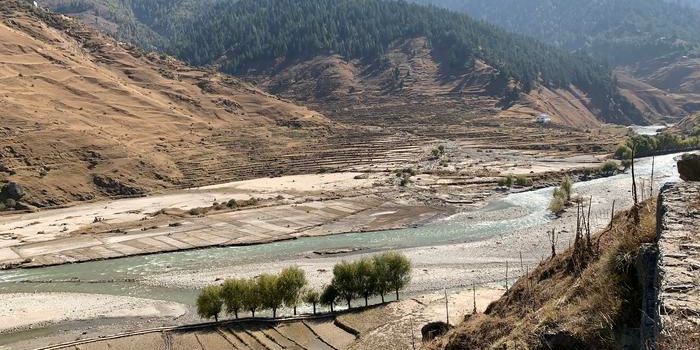Planting Trees Literally Saves Lives
The connection between nature and health has received quite a bit of attention in recent years. For example, some studies have explored the overall benefit being in nature can have on human health, particularly when it comes to mental health. However, a lot of the research connecting nature and human health looks at the “big picture,” making it hard to look at the effects of different kinds of plants or enable the development of concrete health interventions.
According to a 30-year study conducted by researchers with the Friends of Tress and the Barcelona Institute for Global Health, each tree planted by the Friends of Trees in Portland, Oregon improves mortality of people living near the trees, pointing specifically to reductions in non-accidental and cardiovascular-related mortality. Their work is published in Environment International.
As part of the study, researchers examined the roughly 50,000 trees planted in Portland between 1990 and 2019. The team who planted the team keep track of what trees were planted and where they were planted. Using this data, researchers also looked at the populations of people living near the planted trees.
When comparing different neighborhoods, researchers found that people who lived in areas that had more trees, there was a lower mortality rate. This was especially notable for cardiovascular mortality and mortality caused by causes other than accidents, and was more prominent in males over 65 years old.
Because of the longitudinal nature of the study, the research team also found that the longer trees were in an area, the lower the mortality rate was. These findings suggest that efforts to preserve trees and greenery, especially in urban areas, can literally be a life-saving measure. In fact, the team estimates that despite each tree costing up to $13,000 (including maintenance), the return could be up to $14 million when it comes to health costs and saving lives, a worthy investment.
The one feature absent from this study was a direct connection showing how trees lower mortality in a given area. Researchers speculate that more mature, large trees are better at combatting air pollution, creating healthier places for people to live.
Sources: Science Daily; Environment International








